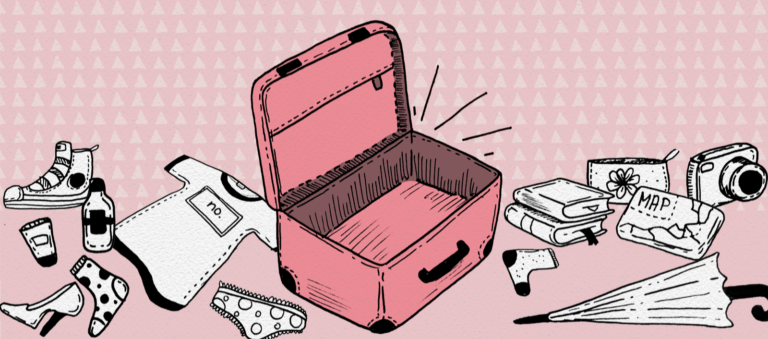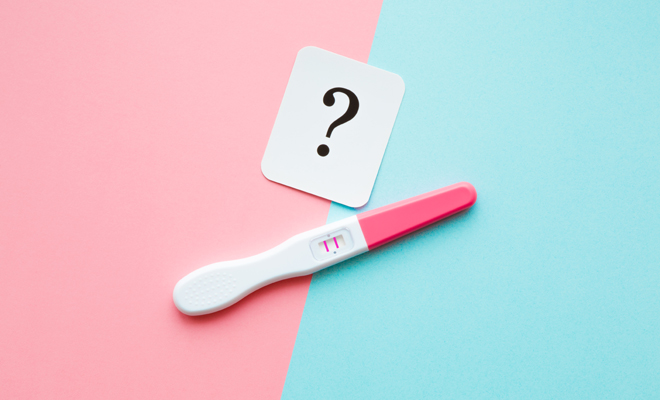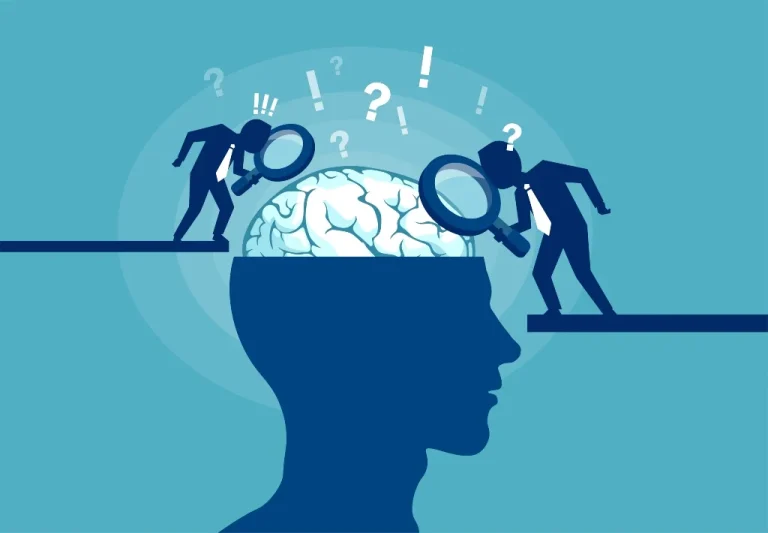Your boss proposes a new project, a very interesting project that, in addition to giving more meaning to your working day, can greatly benefit you in your professional career. For a few days you are nervous, you hardly sleep thinking about how to make it work out, you even forget to eat. However, you don’t feel tired, but with enormous energy that gives you the strength to get what you want.

You have a bunch of unpaid bills, your husband’s job is hanging by a thread, and yours is demanding overtime. To top it off, you’ve had a fight with part of your family and your relationship with your children has gotten out of hand to the point of bordering on surrealism. You haven’t slept in days; you’re exhausted, you don’t give up or feel like anything. Life is beyond you.
We are facing two totally opposite mental situations, but both are generated by the same reason: anxiety. That anxiety that has caused so much talk and will continue to be pleased, along with stress and depression, as one of the great evils of today’s society. However, contrary to what happens with depression, anxiety has a double aspect where we also find some advantages.
The positive face of anxiety
With the dictionary in hand, anxiety is a state of agitation, restlessness or anxiety. Anxiety is actually a response from our body to protect us from any danger. Some circumstances call for a state of alertness, in which the heart races, cognitive function is maximized, muscles tense, and so we can respond quickly to any situation.
This is better explained if we take anxiety as an adaptive and survival mechanism. Going back to the first settlers, to those hunter-gatherers who had to overcome all kinds of unpredictable dangers in order to survive, we see how we are facing a totally positive anxiety as well as necessary.
And it is that anxiety keeps us alert, energized, drives us forward and keeps us safe. That revitalizing aspect of anxiety is especially appreciated with that anxiety of love, from the first days of falling in love in which even our body responds in a different way to any stimulus. Now, if anxiety has all these advantages, where does its risk lie?
The cross of anxiety
Anxiety becomes a problem when it appears without a need or when it stops fulfilling its resolving function. That period of euphoria that generates anxiety is logically temporary, because otherwise our body would not support it. Therefore, if anxiety persists, it becomes something totally different from its original function. This is when we start to feel tired, unmotivated, without wanting to do anything, nervous, anguished…
The symptoms of anxiety are so similar to the symptoms of depression that the two aids are often confused. However, anxiety disorders have the particularity of being closely related to nervousness, fear and even panic. It is when anxiety becomes a disorder, in the full extent of the word, when we need to seek treatment to help us manage it.
Because although many times we want to remove anxiety from our lives forever, the truth is that it is not convenient for us. We need anxiety, but we also need to learn to manage it so that it doesn’t end up destroying our emotional balance.






